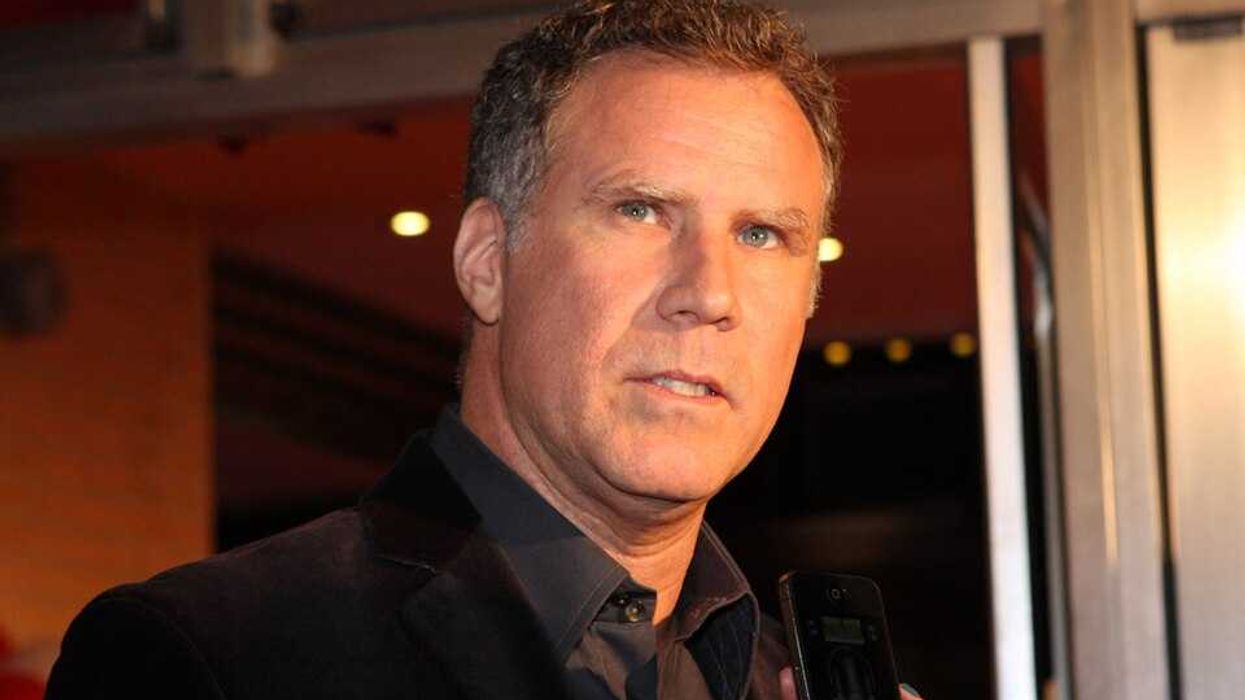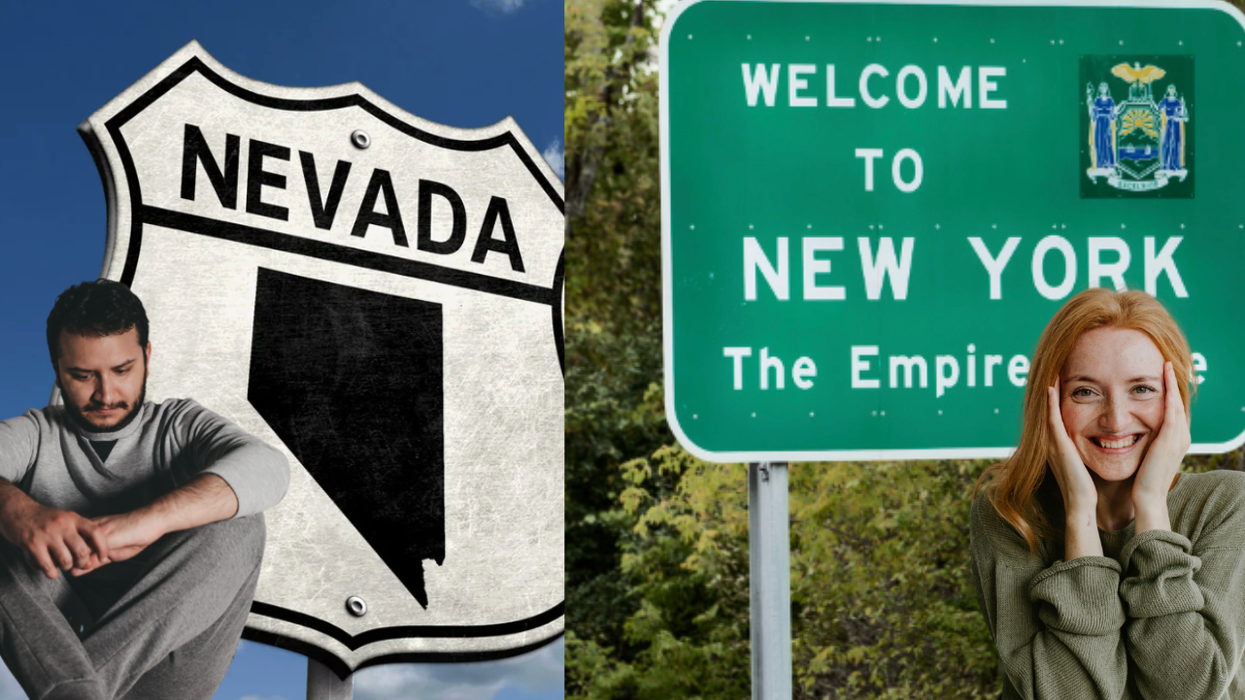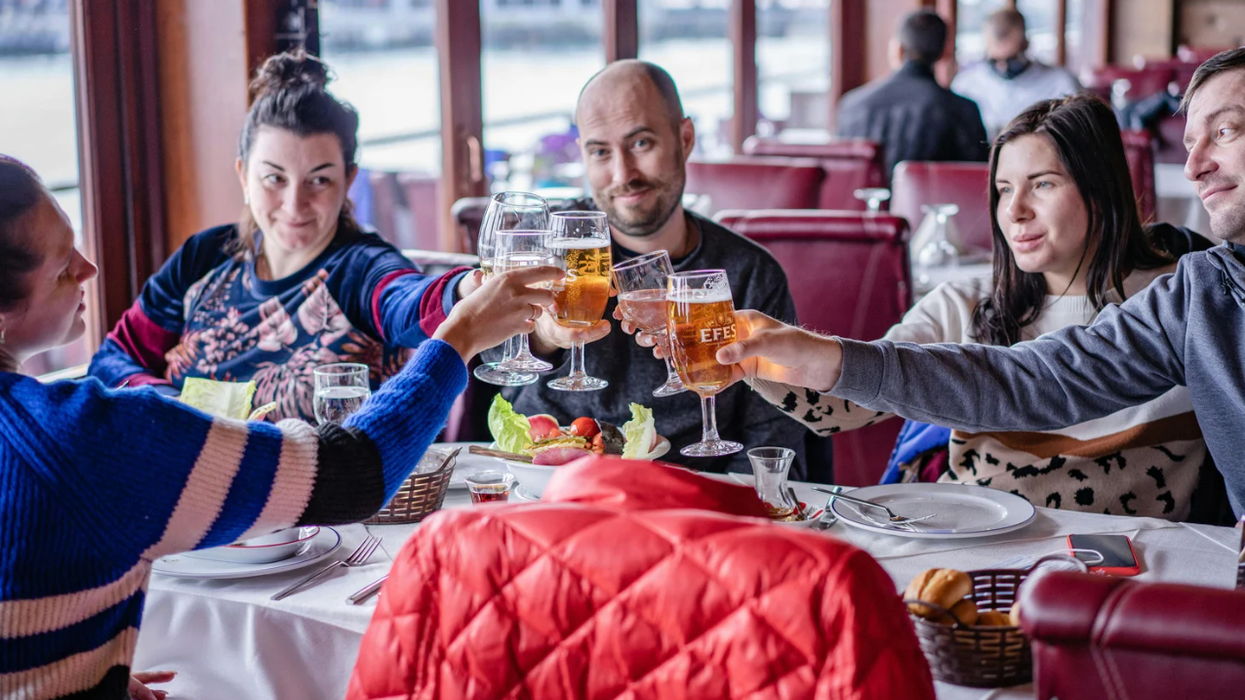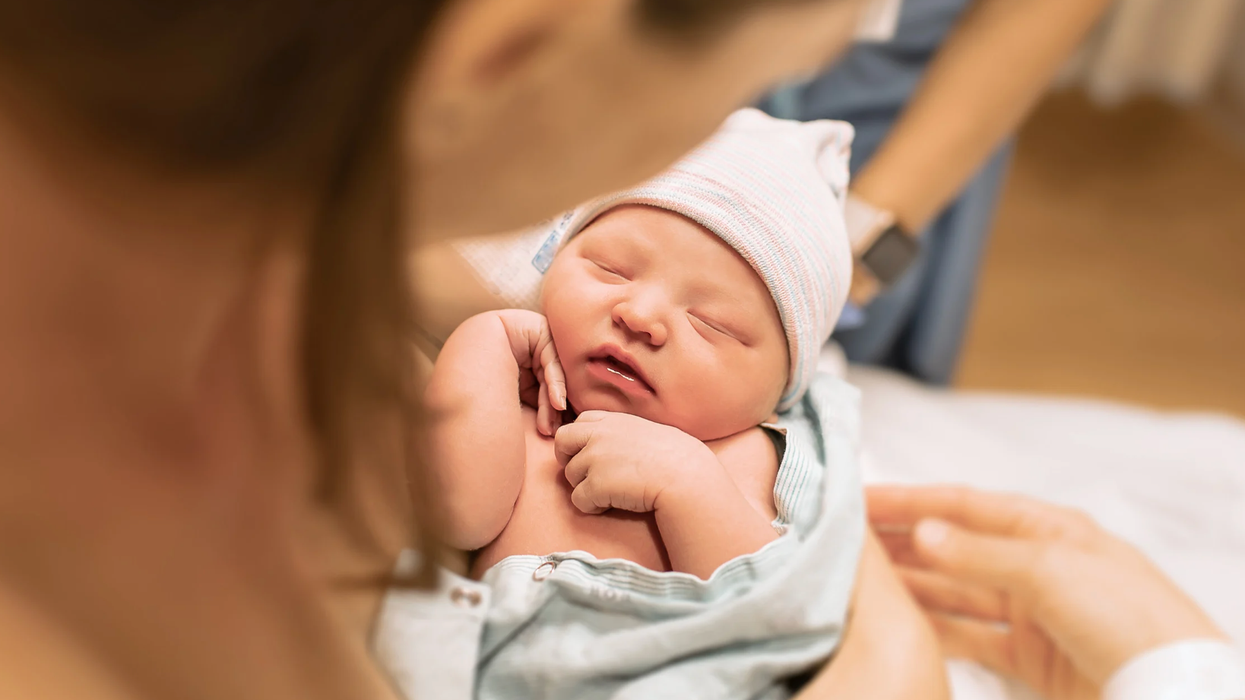According to the Intersex Society of North America, approximately one in 2,000 children born in the U.S. annually are sexually ambiguous enough to be labeled “intersex.” Being that American birth certificates only provide the option of being male or female, around 2,000 children every year are identified incorrectly. But after a recent court victory, Sara Kelly Keenan has become the first American ever identified as “intersex” on a birth certificate.
55-year-old Keenan, who uses female pronouns, was born with female genitalia, but male DNA, and mixed internal reproductive organs. Keegan was labeled a boy for the first three weeks after she was born, and later identified as female on her birth certificate. In September, a judge allowed her to become the first California resident to change her gender to “non-binary.” And when the New York City Department of Health and Mental Hygiene issued a new birth certificate, it read “intersex” instead of male or female.
“Not all intersex people will choose to identify legally as intersex and not all parents will choose to have their intersex child identified as intersex on birth documents. But for those who do, the option must exist,” Keenan told NBC. Her victory gives hope to the intersex community that states throughout the country will begin to provide a third gender option on their birth certificates. “In the United States, birth certificates often provide access to a wide range of public services and critical identity documents, such as state IDs and passports,” Lambda Legal attorney Paul Castillo said. “Having birth certificates with gender designations other than male or female provides an enormous sense of validation for a number of non-binary and intersex people.”

















 Otis knew before they did.
Otis knew before they did.